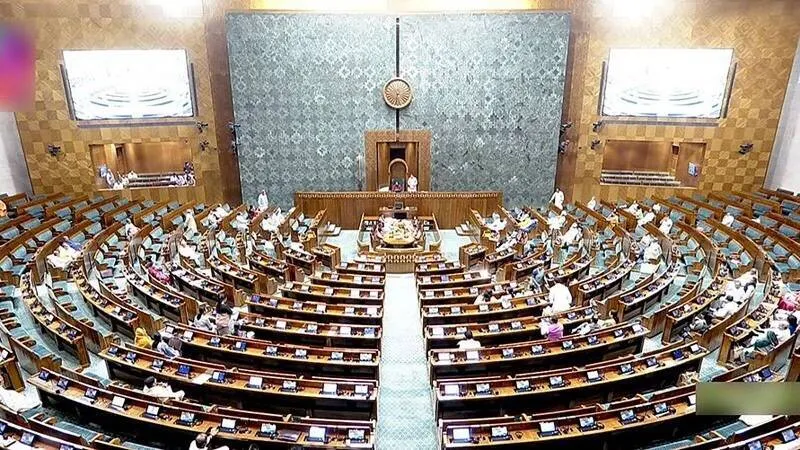

Lok Sabha recently passed two important bills by voice vote. The Press and Registration of Periodicals Bill and a bill authorizing the formation of a three-member committee controlled by the Centre for the appointment of election commissioners were the ones passed by the Lok Sabha the other day. The central government explained that the new law was introduced to replace the Press and Registration of Books Act of 1867 to relax the conditions for registering newspapers. According to Union Minister Anurag Thakur, with the introduction of the new law, the registration of new publications will be done with a single click, eliminating the hassle of going through eight steps. The opposition, however, claims that certain provisions of the new law permit the press registrar to infringe upon press freedom and that this is an attempt by the central government to control the press. There is a provision in the new Act that the registrar or an authority designated by the central government can conduct raids on newspapers and inspect documents.
A free press is essential to the survival of democracy. It does not mean that there should be no control over the press. Most responsible newspapers operate under self-control. In newspapers, there will be news both for and against the ruling party. The importance and presentation of these stories may vary depending on the political stance of each newspaper. No unbiased newspaper distorts the facts. Criticism from the press has prompted the various governments of independent India to implement numerous people-friendly reforms. Newspapers are essential to democracy as well. That should be kept in mind when maintaining the connection between the government and the media. If the new law contains provisions that disturb it, it is not at all a comforting piece of news.
For example, there is a doubt that provisions that officials can break into a newspaper office at any time, and question the owner of the newspaper are likely to be misused in the future. There is also concern that the law will be used only against those who criticize the government. Newspapers were heavily censored during the Emergency. It led to the biggest setback for those who introduced censorship in the next election. When the newspapers were unable to report the correct facts, the people were forced to believe all the rumours. This caused a huge backlash. Any attempt to impose undue control on the press will backfire.
At the same time, newspapers are facing a severe financial crisis due to the high cost of newsprint. In this situation, the central government should take measures to help the newspapers by waiving import duty and increasing the government advertisement rate. But newspapers also have no right to act in a way that affects national security. If any newspaper acts against national security, it is necessary to take action against such establishments with the support of strong evidence.
There is increasing concern that the Election Commission will be completely under the control of the Centre with the removal of the Chief Justice from the committee that selects the Chief Election Commissioner and Election Commissioners and the inclusion of the Union Minister nominated by the Prime Minister. The Election Commission is a constitutional body that should function impartially. Opposition parties cannot be blamed if they doubt that the change in its appointment process will reflect in the Commission's decisions and actions.